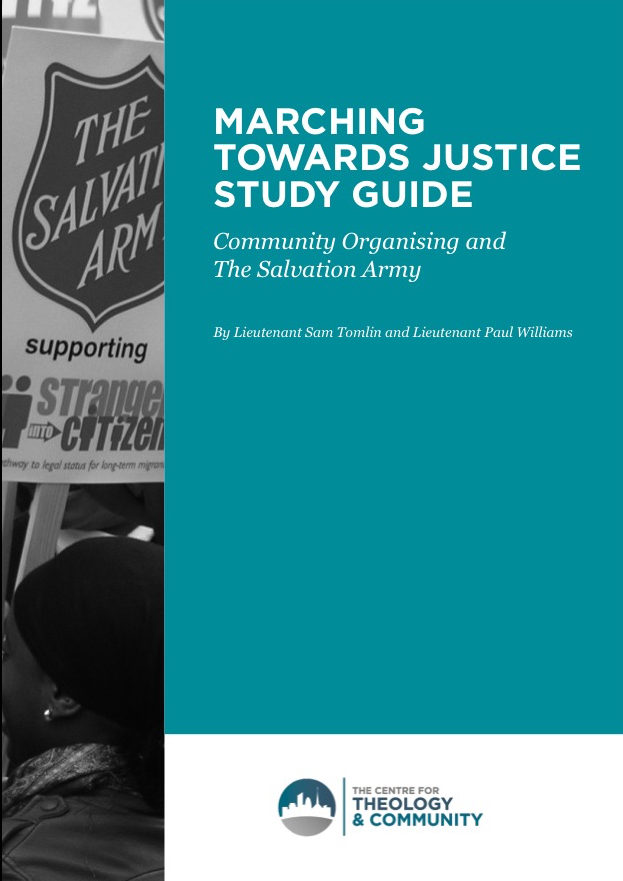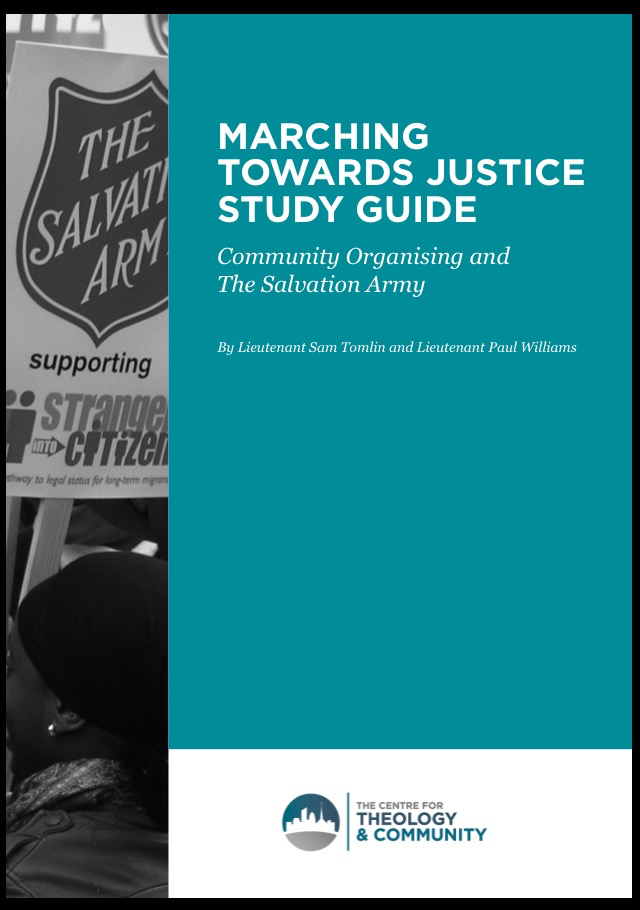By John Clifton
There is a classic quote about management which says “what gets measured gets managed”. However, the full quote, as Simon Caulkin points out, says this:
What gets measured gets managed – even when it’s pointless to measure and manage it, and even if it harms the purpose of the organisation to do so.
In community organising terms power is defined as the capacity to act. There are two types of power: organised people and organised money. For most churches there’s not usually much money so we rely on the power of our people and the depth of the relationships that people build with each other. When it comes to the state and the market, however, they don’t have many people but they do have money. We can all think of obvious examples of how the state uses money as a lever of power: taxation, fines, tendering processes. We can think of even more obvious examples for how the market uses money as a lever of power. Just a week or so ago I met a family of five, the three children were all in primary school, whose debit card had been used fraudulently and, despite their attempts, had not yet been reimbursed the money that they had lost. When I met them they were waiting for the money to be put back into their account on Monday. Their account had been overdrawn since the week before and they had been threatened with charges for the overdraft. The family were scared, disoriented, and unfamiliar with such a situation. They came to The Army for help to get through the weekend. This is just one example of how the market and its money impinges upon the everyday life of people. It even happens accidentally simple sheet or simply due to bureaucratic or technological errors. It becomes the responsibility of the power of people (civil society) to push back against the power of money (state and market). Continue reading “What gets measured gets managed… So measure relationships more than money”



 For 11 years I was the manager of The Salvation Army centre in King’s Cross, London. This was an outreach centre to men and women in pro
For 11 years I was the manager of The Salvation Army centre in King’s Cross, London. This was an outreach centre to men and women in pro right at the close, just as the speaker was heading for the door. She’d packed up her notes and left the microphone behind at the lectern when suddenly she glanced back over her shoulder, fixed her eyes on me and from under her breath came the throwaway remark – ‘of course we don’t do social justice, we live justly’. She disappeared out of the door and down the corridor. I looked around to see if anyone else was struck by the Colonel’s final word but the post-session hubbub had already began. Perhaps it was meant just for me.
right at the close, just as the speaker was heading for the door. She’d packed up her notes and left the microphone behind at the lectern when suddenly she glanced back over her shoulder, fixed her eyes on me and from under her breath came the throwaway remark – ‘of course we don’t do social justice, we live justly’. She disappeared out of the door and down the corridor. I looked around to see if anyone else was struck by the Colonel’s final word but the post-session hubbub had already began. Perhaps it was meant just for me.

 In Thurday’s guest-post, Commissioner Birgitte Brekke-Clifton said
In Thurday’s guest-post, Commissioner Birgitte Brekke-Clifton said